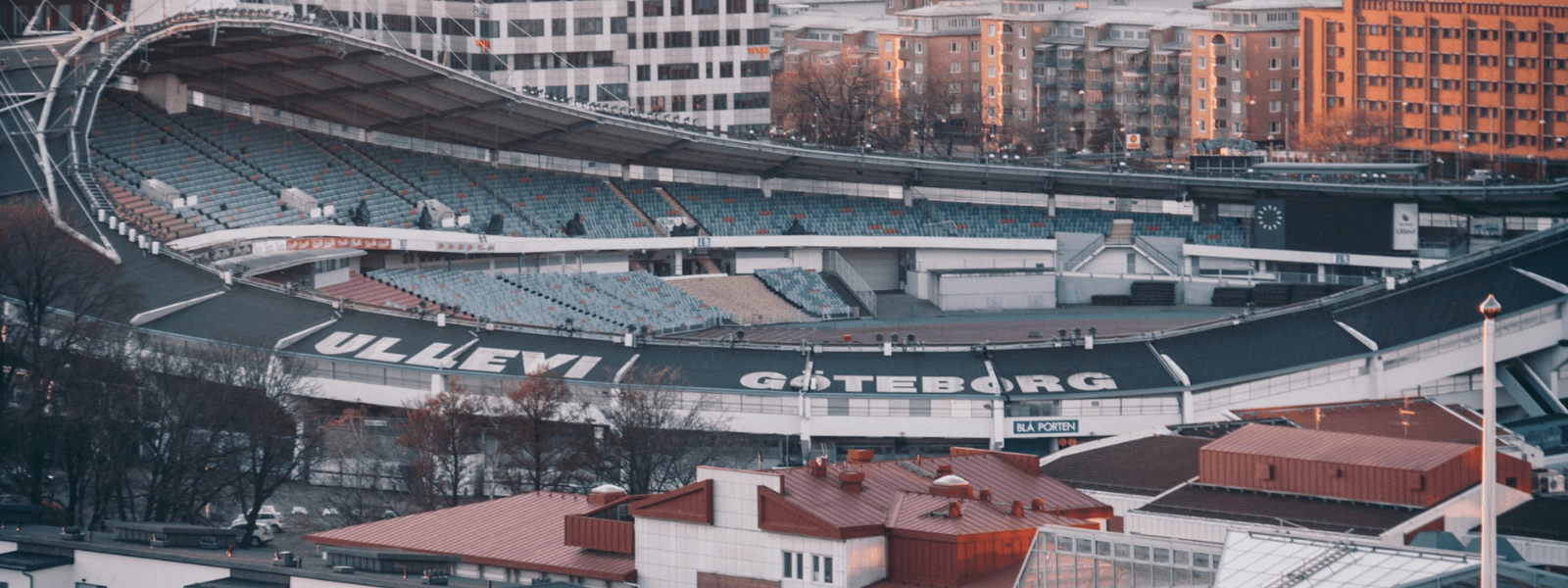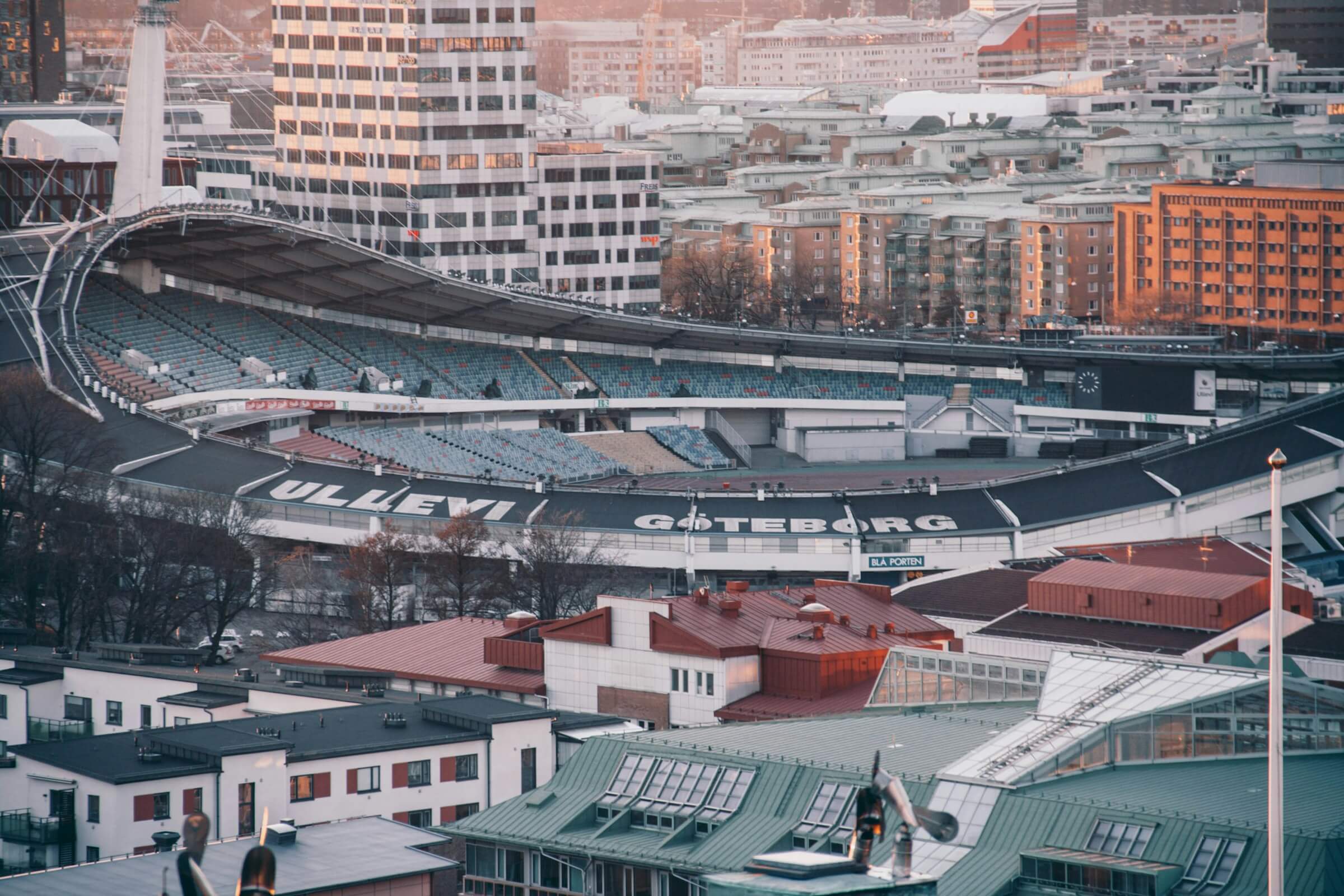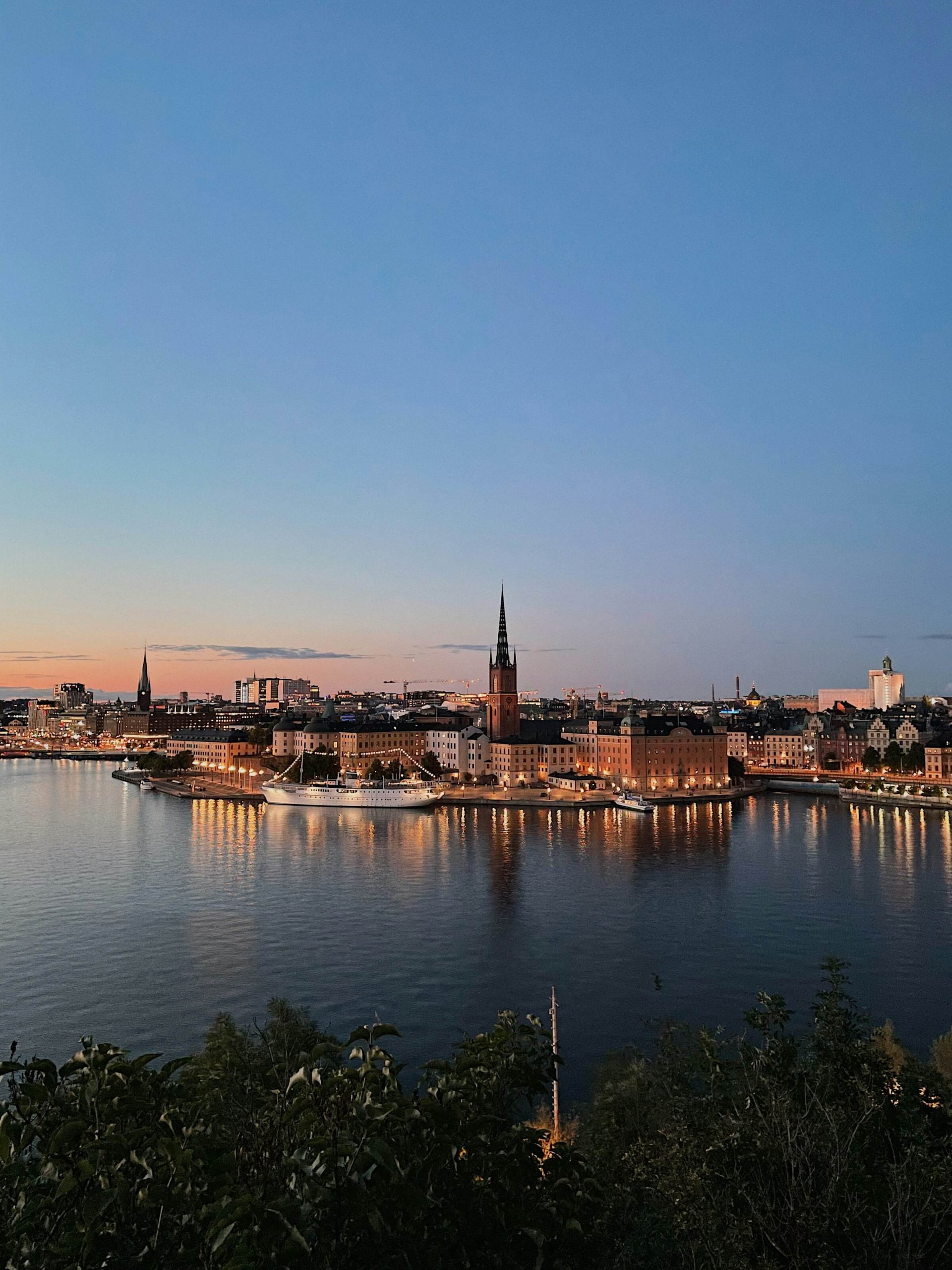
European Football Championship 1992
The 1992 European Championship was held in Sweden, marking the first time it was hosted in a Nordic country. As before, eight teams participated, and the host nation still had a direct pass to the final tournament.
Qualifications
Thirty-three teams participated in the qualifications, and Germany competed for the first time as a unified country. There were seven groups – five with five teams each and two with four teams each. The group winners secured a place in Sweden.
France emerged as the winner of Group 1, finishing the qualifications with a perfect record. Group 2 was much more competitive – Scotland managed to secure a place among the top eight, but Switzerland and Romania were just one point behind, while Bulgaria was two points behind. In Group 3, the best team was the Soviet Union, which eventually went to the European Championship under the name Commonwealth of Independent States. In Group 4, Yugoslavia finished first, with only one loss in eight matches, to Denmark. However, due to sanctions imposed on the Federal Republic of Yugoslavia, the team was not allowed to go to Sweden, and their place was taken by the second-placed team in the group, Denmark. In Group 5, Germany finished first, narrowly edging out Wales by one point. The Netherlands was the best in Group 6, and in Group 7, England secured a spot in the European Championship.
Host Country
The host of the ninth European Championship was Sweden. The matches were held in Gothenburg, Stockholm, Malmö, and Norrköping.
Participating Teams
In addition to the host nation Sweden, the participating teams were the Netherlands, the Commonwealth of Independent States, England, France, Germany, Scotland, and Denmark.

Stadium in Gothenburg. Photo: unsplash.com.
Group Stage
As in the previous editions, eight teams were divided into two groups. The group leaders were Sweden and the Netherlands. Group 1 included Sweden, France, Denmark, and England, while Group 2 comprised the Netherlands, Scotland, the Commonwealth of Independent States, and Germany.
Draws marked the first round of Group 1 – Sweden and France played 1-1, while Denmark and England played 0-0. In the second round, France and England drew again, with a 0-0 result, and Sweden won against Denmark by the narrowest margin. Sweden beat England 2-1 in the third round, while Denmark defeated France by the same score. Sweden topped the group with five points, and Denmark advanced with three.
In the first match of Group 2, the Netherlands beat Scotland 1-0, while the Commonwealth of Independent States and Germany played 1-1. Germany defeated Scotland 2-0 in the second round, and the Netherlands and the Commonwealth of Independent States drew 0-0. In the third round, the Netherlands beat Germany 3-1, and Scotland convincingly defeated the Commonwealth of Independent States 3-0. The Netherlands won the group with five points, while Germany was second with three points.
Knockout Stage
Host Sweden faced Germany in the semifinals, and Denmark played against the Netherlands. The Germans took the lead against the Swedes in the 11th minute with a goal by Häßler, and Riedle increased the lead in the 59th minute. In the 64th minute, Brolin reduced Germany’s lead with a penalty, but the Germans scored again through Riedle in the 88th minute. Just a minute later, Andersson scored a consolation goal for Sweden, which could not reach the final on home soil.
In the other semifinal, Denmark surprised the Netherlands early in the match, taking the lead with a goal by Larsen in the 5th minute. Bergkamp equalized in the 23rd minute, but Larsen put Denmark ahead again ten minutes later. This score remained until the 86th minute when Rijkaard equalized at 2-2. This meant extra time, but the score remained level. In the penalty shootout, the Danes were successful in all five rounds, while the hero of the Netherlands from the previous European Championship, Marco van Basten, missed his penalty, saved by Schmeichel, allowing Denmark to reach the final.

Stockholm, one of the hosts of the tournament. Photo: unsplash.com.
Final
The final was held in Gothenburg, at the Ullevi Stadium, in front of nearly 40,000 spectators, with Denmark playing against Germany. The Germans were certainly the favorites at the time, but Denmark was patiently waiting for their chance. In the first half, Denmark took the lead with a goal by Jensen, who beat Ilgner in the 18th minute. Denmark went into halftime with the advantage, and this score remained until the very end of the match. In the 78th minute, Vilfort scored Denmark’s second goal, making it clear to everyone that this would be one of the biggest surprises in the history of the European Championships. Denmark defeated Germany in the final in Sweden and became the European champion.
Statistics
This Championship did not have a standout top scorer, so the award for the most efficient player was shared by four players: Larsen from Denmark, Riedle from Germany, Bergkamp from the Netherlands, and Brolin from Sweden. All of them scored four goals each. The Team of the Tournament included Laudrup and goalkeeper Schmeichel from the winning Danish team, Germans Brehme, Kohler, Effenberg, and Häßler, French players Angloma and Blanc, and Dutch players Gullit, Van Basten, and Bergkamp.
Legacy and Impact
The great significance of this Championship was that it demonstrated the importance of qualifications and fighting until the very end. Thanks to their second place in the qualification group, Denmark advanced due to eliminating Yugoslavia and then went on to win the Championship.
Interesting Facts
This was the only European Championship in which the Commonwealth of Independent States participated as a group of countries formed after the dissolution of the Soviet Union. It included footballers from Russia, Ukraine, Belarus, Kazakhstan, Uzbekistan, Turkmenistan, Kyrgyzstan, Armenia, Azerbaijan, Moldova, and Tajikistan. Estonia, Lithuania, and Latvia did not send their players, and Georgia was not a member of this union then.



